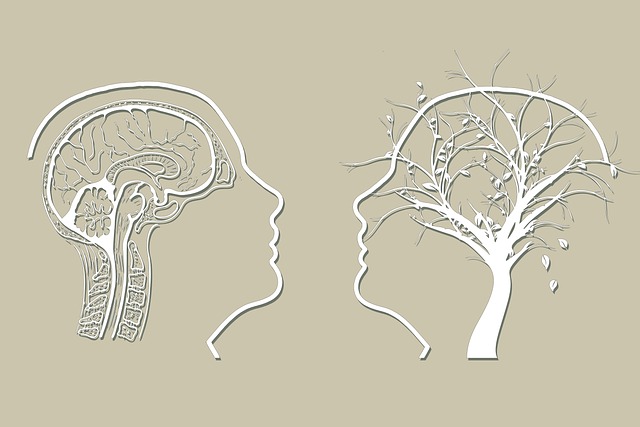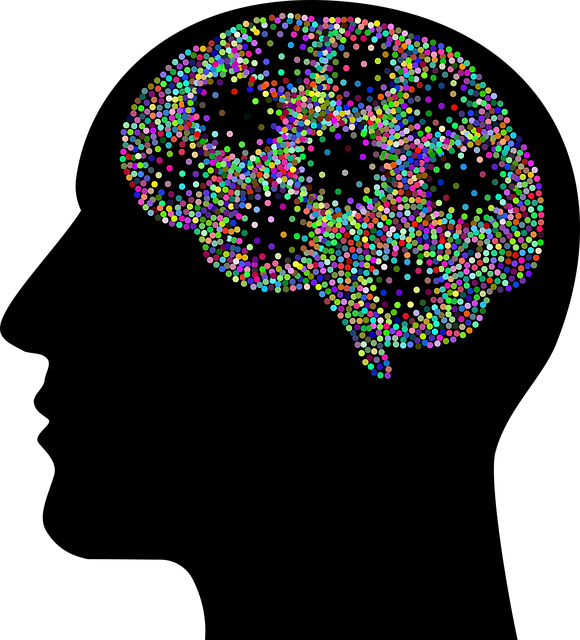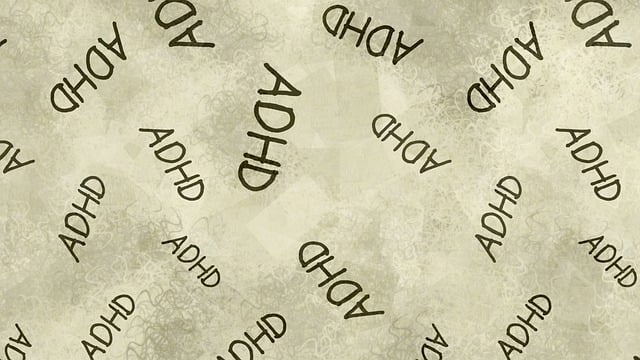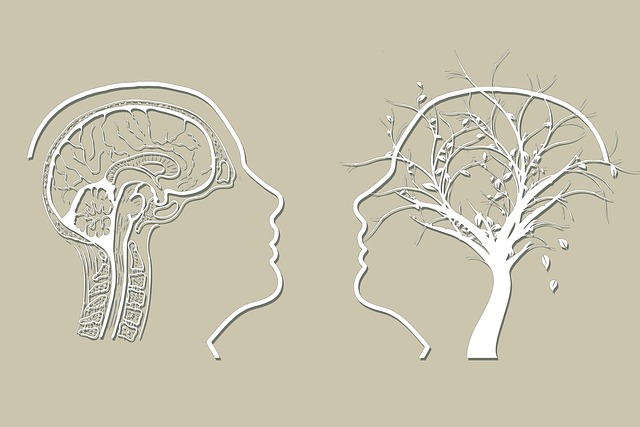Emotion regulation is vital for mental well-being, especially for marginalized communities like those undergoing Parker Gender Identity Therapy (PGIT). PGIT offers a unique approach, recognizing the connection between emotions and identity. It provides safe spaces for open discussions about complex emotions during gender transitions. Techniques such as Mindfulness Meditation, CBT, and Conflict Resolution help individuals manage stress, reduce impulsive reactions, and cultivate calm. By identifying and labeling emotions, improving emotional communication, and challenging negative thought patterns, PGIT empowers individuals to develop resilience, build healthy connections, and make informed decisions while reducing mental illness stigma.
Emotion regulation techniques are essential tools for maintaining mental well-being. This comprehensive guide explores various strategies, from cognitive techniques to mindfulness practices, offering a holistic approach to emotional balance. We delve into the significance of understanding and managing emotions, highlighting how Parker Gender Identity Therapy provides a unique framework for teaching these skills. By identifying and labeling emotions, individuals can gain control and enhance their overall mental health.
- Understanding Emotion Regulation and its Significance in Mental Well-being
- Parker Gender Identity Therapy: A Unique Approach to Teaching Emotion Regulation
- Identifying and Labeling Emotions: A Cornerstone of Effective Regulation Strategies
- Cognitive Techniques for Managing Difficult Emotions
- Mindfulness, Body Awareness, and Relaxation Methods: Cultivating Emotional Balance
Understanding Emotion Regulation and its Significance in Mental Well-being

Emotion regulation is a vital skill that plays a crucial role in maintaining mental well-being. It involves recognizing, understanding, and managing one’s emotions effectively to promote positive psychological health. By learning to regulate emotions, individuals can enhance their ability to cope with stress, navigate challenging situations, and improve overall life satisfaction. This process is especially significant for marginalized communities, such as those exploring their gender identity through Parker Gender Identity Therapy.
Developing effective emotion regulation strategies enables people to foster resilience, build healthy relationships, and make thoughtful decisions. Techniques like Mindfulness Meditation, Coping Skills Development, and Conflict Resolution Techniques are proven to be game-changers in this process. These tools empower individuals to gain insight into their emotional responses, reduce impulsive reactions, and cultivate a sense of calm, thereby leading to improved mental health outcomes.
Parker Gender Identity Therapy: A Unique Approach to Teaching Emotion Regulation

Parker Gender Identity Therapy (PGIT) offers a unique and innovative approach to teaching emotion regulation, particularly tailored for individuals navigating their gender identity. This therapeutic method recognizes that emotional experiences are deeply intertwined with personal identities, especially in the case of gender diversity. By creating a safe and inclusive space, PGIT facilitates open discussions about complex emotions often associated with gender transition processes. Through this, clients gain valuable insights into understanding and managing their feelings, fostering resilience in the face of potential challenges related to gender identity expression.
Incorporating elements of cognitive-behavioral techniques, PGIT assists individuals in identifying and challenging negative thought patterns that may contribute to emotional distress. It encourages the development of healthier coping strategies, enabling participants to effectively regulate emotions during stressful situations. This approach not only supports trauma support services but also aligns with mental illness stigma reduction efforts by promoting self-acceptance and empowerment. Moreover, PGIT has been incorporated into Stress Management Workshops organized by various organizations, aiming to empower individuals with practical tools for emotional well-being.
Identifying and Labeling Emotions: A Cornerstone of Effective Regulation Strategies

Identifying and labeling emotions is a fundamental step in emotion regulation techniques teaching, as it forms the cornerstone of effective strategy implementation. This process involves recognizing and naming feelings, which can be challenging for many individuals, especially those navigating complex emotional landscapes due to gender identity issues, as highlighted by Parker Gender Identity Therapy. By putting a name to what they’re feeling, people gain a better understanding of their emotions’ nuances, intensities, and triggers. This heightened awareness is crucial for developing effective coping mechanisms.
This practice also facilitates improved communication strategies, which are vital for managing mental wellness. When individuals can articulate their emotional experiences accurately, they create space for meaningful conversations about their feelings with others, leading to better support systems and a reduced risk of burnout prevention. Effective labeling encourages people to embrace their emotions as valid aspects of their overall mental health journey, paving the way for more adaptive regulation strategies.
Cognitive Techniques for Managing Difficult Emotions

Cognitive techniques are a powerful tool in emotion regulation, especially when it comes to managing difficult emotions like anger, fear, or sadness. These strategies focus on challenging and changing unhelpful thought patterns that often underlie intense emotional responses. For instance, cognitive behavioral therapy (CBT), a well-known approach, teaches individuals to identify and reframe negative or distorted thoughts, replacing them with more realistic and positive ones. This process helps in regulating emotions by providing a new perspective, reducing the intensity of the initial reaction, and fostering better decision-making.
In the context of Parker Gender Identity Therapy, cognitive techniques are tailored to address unique challenges related to gender identity and expression. By helping individuals challenge and modify gender-related beliefs and assumptions, these strategies can alleviate distress and enhance emotional well-being. Moreover, integrating positive thinking exercises into emotion regulation practices can be particularly beneficial for healthcare providers and mental health professionals as part of their burnout prevention strategies (Burnout Prevention Strategies for Healthcare Providers). This approach encourages a more balanced mindset, which is crucial for effective risk management planning (Risk Management Planning for Mental Health Professionals) in high-pressure environments.
Mindfulness, Body Awareness, and Relaxation Methods: Cultivating Emotional Balance

Cultivating emotional balance is a cornerstone of effective emotion regulation techniques teaching, and mindfulness, body awareness, and relaxation methods play pivotal roles in this process. Mindfulness meditation, a core practice within Parker Gender Identity Therapy, encourages individuals to focus on the present moment, acknowledging emotions without judgment. By increasing self-awareness, individuals can better understand their emotional triggers, enabling them to respond thoughtfully rather than reacting impulsively.
Body awareness exercises further enhance this understanding by teaching people to recognize physical sensations associated with different emotions. This heightened awareness facilitates the early detection of signs of anxiety or stress, allowing for prompt application of relaxation methods such as deep breathing and progressive muscle relaxation. Integrating these practices into daily routines can significantly contribute to Anxiety Relief and overall emotional regulation, fostering a more balanced and resilient state of being.
Emotion regulation techniques play a pivotal role in enhancing mental well-being. As highlighted by Parker Gender Identity Therapy, a unique approach that combines various strategies, teaching individuals how to navigate and manage their emotions effectively is crucial for overall health. By understanding the significance of emotion regulation and employing techniques like identifying and labeling emotions, cognitive restructuring, mindfulness practices, and relaxation methods, people can cultivate emotional balance and lead more fulfilling lives.














